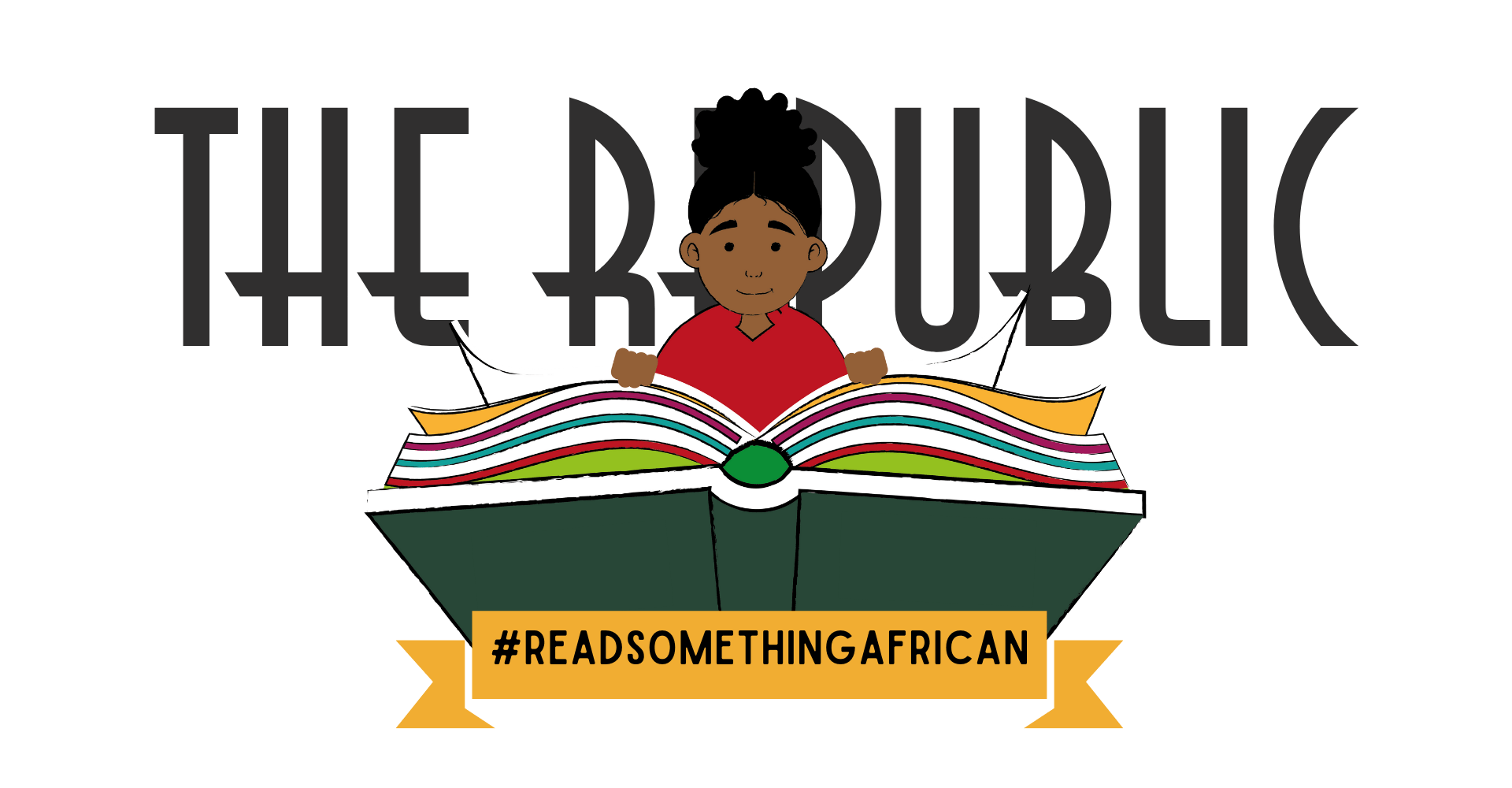
African literature exists in diverse genres, forms, and, most notably, languages. One of the ways African writers have conveyed their thoughts and ideas is by utilizing their languages. In this curated recommendation, we traverse the vast continent, uncovering literary works that showcase the depth of Africa’s cultural richness. From Yoruba to Kikuyu, Wolof to Lingala, Luo to Sesotho, each book serves as a testament to the power of storytelling across borders and languages, offering a glimpse into the unique narratives that have shaped Africa’s literary landscape.
For our recommendations, read on.
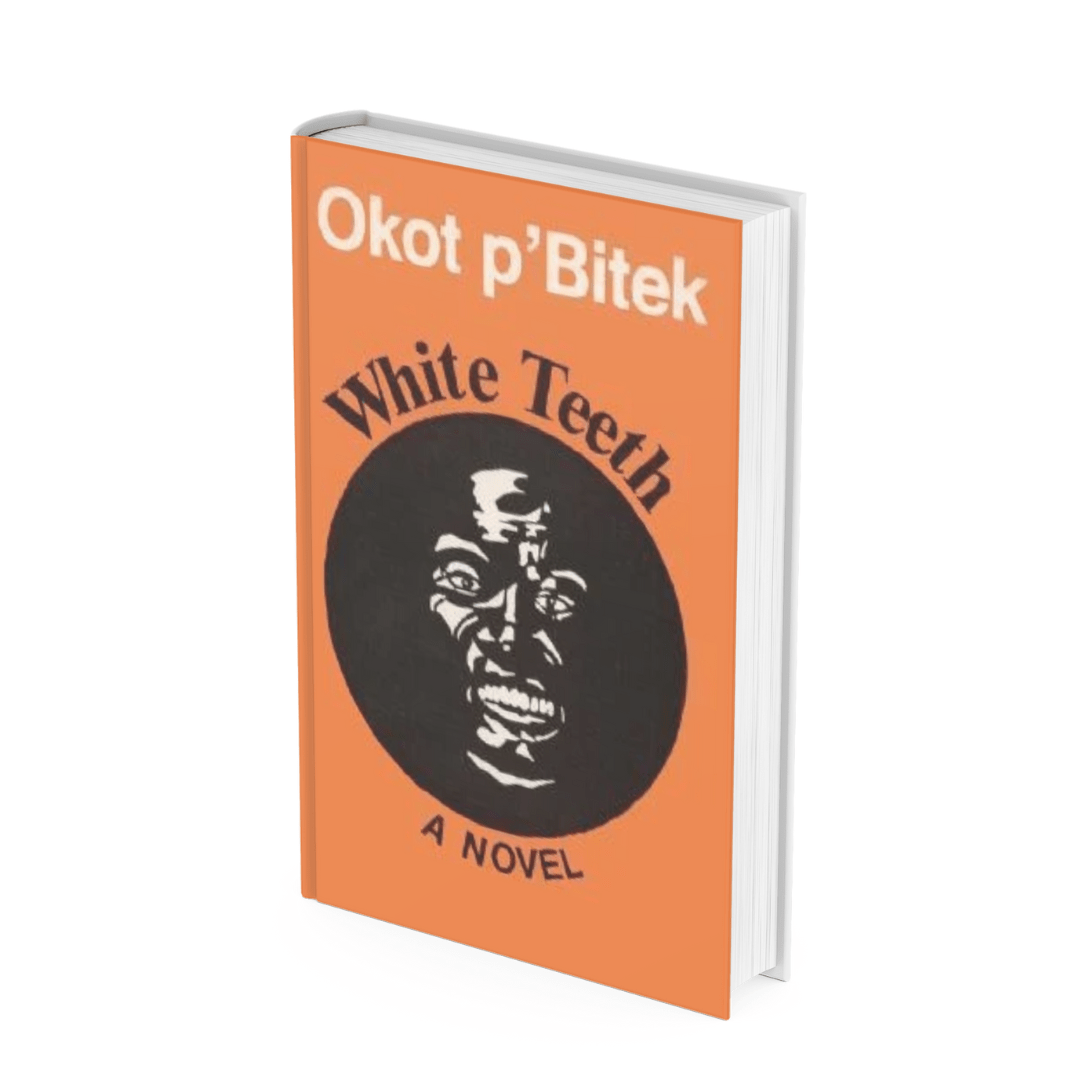
Originally written and published in Luo in 1953 as Lak Tar, this novel—from the late Ugandan author and poet of Song of Lawino—is the story of society standing at the brink of transformation. In this book, a young Acoli (an ethnic group of the Luo people) man wishes to marry but cannot raise the bridewealth (or brideprice). He travels to Kampala to find a job. Bitek amusingly juxtaposes the protagonist’s own struggles with the predicament experienced by numerous young men grappling with the prospect of hefty bridewealth payments in a shifting society.
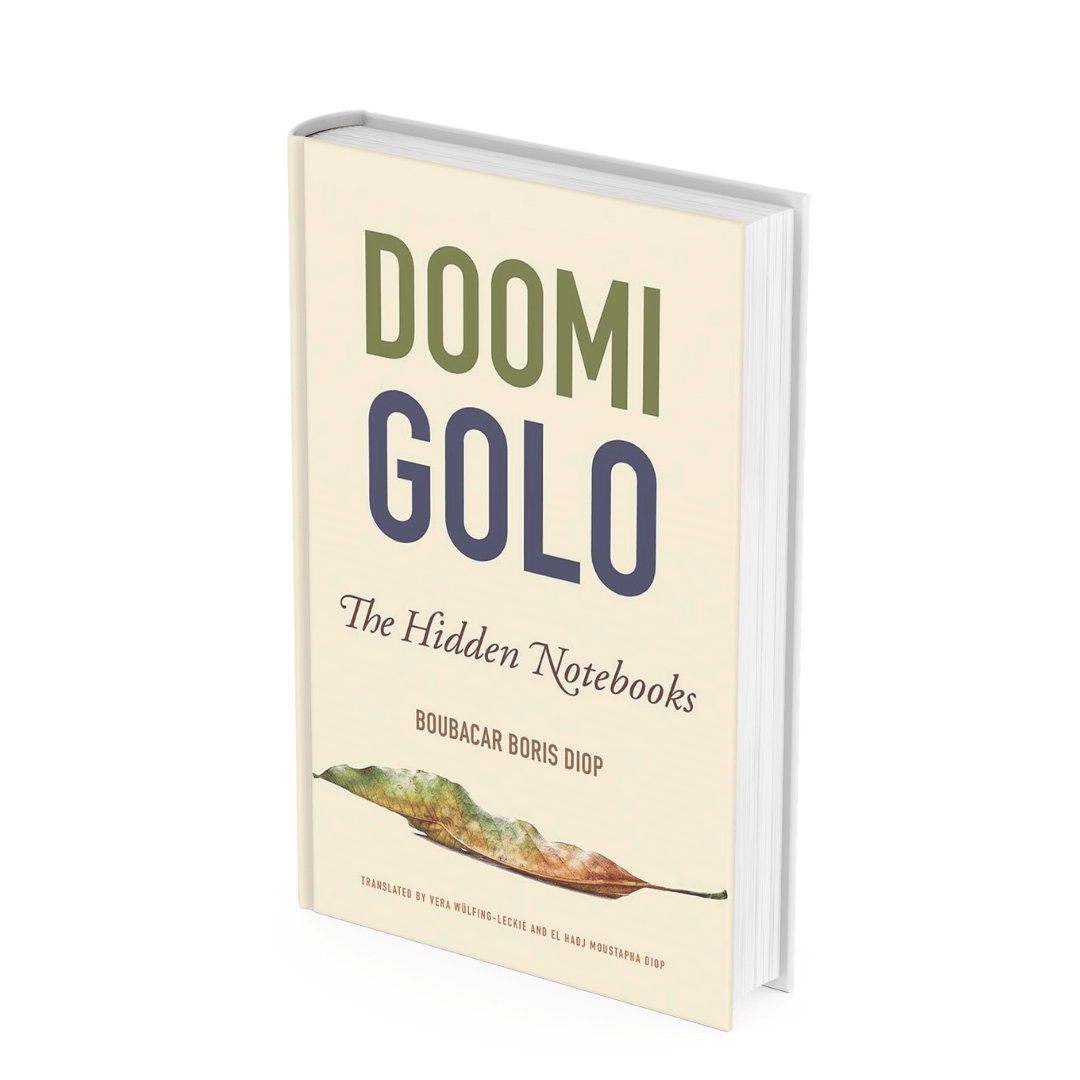
DOOMI GOLO: THE HIDDEN NOTEBOOKS
AUTHOR: BOUBACAR BORIS DIOP
PUBLISHER: MICHIGAN STATE UNIVERSITY PRESS
GENRE: FICTION
This novel marks the first-ever translation from Wolof to English and delves into the narrative of Nguirane Faye and his earnest endeavors to communicate with his grandson before his own demise. Diop vividly portrays Faye’s emotional trauma stemming from the loss of his sole son, Assane Tall, a grief further compounded by his grandson Badou’s departure to an unknown destination. To bridge the gap, Faye addresses Badou through seven notebooks, six of which are shared with the reader, while the seventh, the ‘Book of Secrets’, remains confidential and exclusively reserved for Badou’s eyes. In the absence of letters from Badou, these notebooks become the sole avenue of connection between the two, carrying within them melodies and repetitions that lend this novel its distinctive form: simultaneously free-flowing and meandering, yet intricately interconnected. Doomi Golo is translated by Vera Wülfing-Leckie and El Hadji Moustapha Diop.
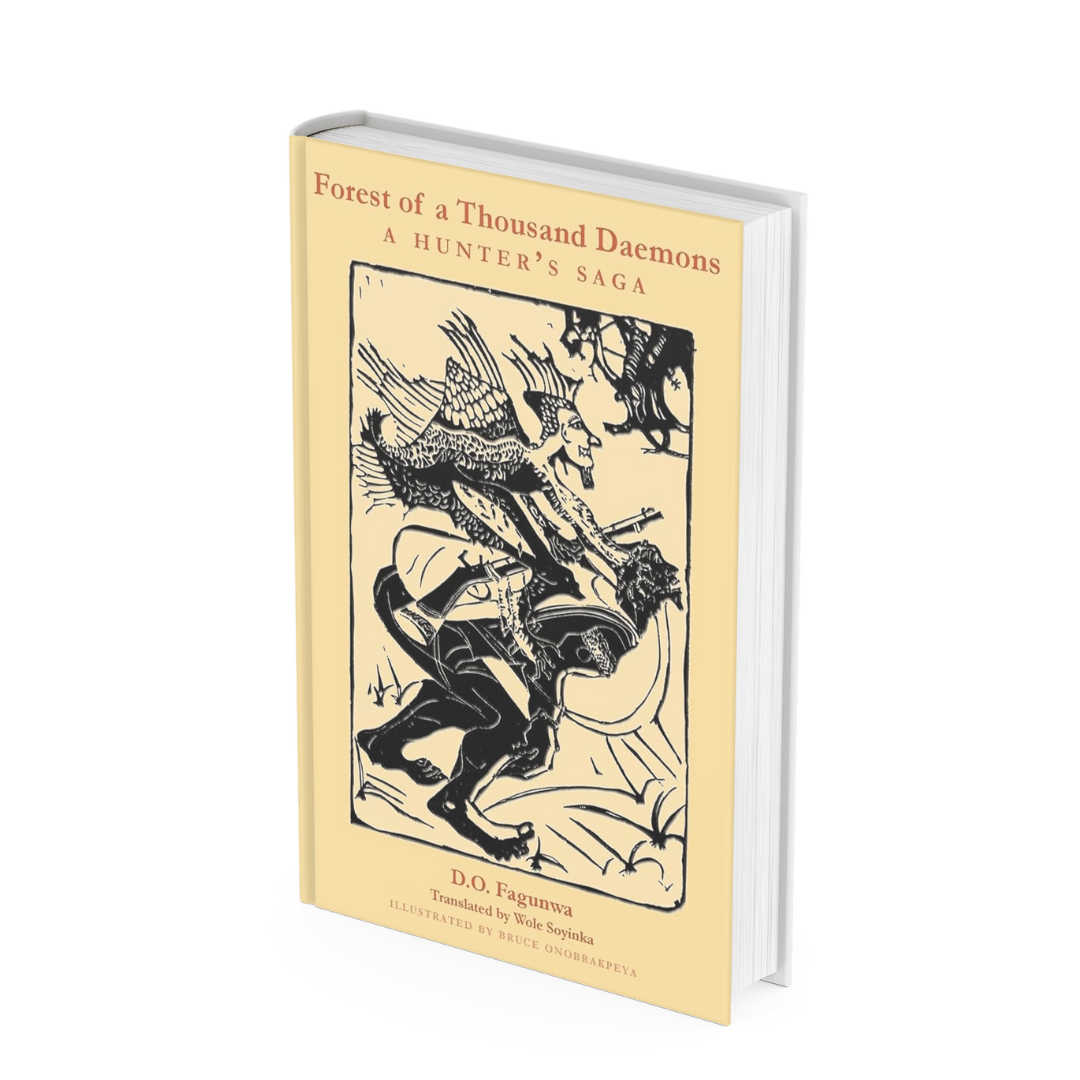
FOREST OF A THOUSAND DAEMONS: A HUNTER’S SAGA
AUTHOR: D. O. FÁGÚNWÀ
PUBLISHER: CHURCH MISSIONARY SOCIETY BOOKSHOP, LAGOS
GENRE: FICTION
Published in 1938, it is one of the first novels written in Yorùbá. It follows the adventures of a hunter, Akara-Ogun, in the forest. Son of a brave warrior and a wicked witch, the book explores his encounters and how he deals with all-too-real unforeseen forces, engaging in dynamic spiritual and moral connections with embodiments of his destiny, conceivably as manifestations of the fears that troubles man. It’s a successful work for the mythical imagination, unfolding in a setting where, in accordance with Yoruba cosmology, human, natural, and supernatural entities coexist with vitality and enchanting vibrancy. The book was translated to English from the original title, Ògbójú Ọdẹ nínú Igbó Irúnmọlẹ̀, by Wole Soyinka in 1968.
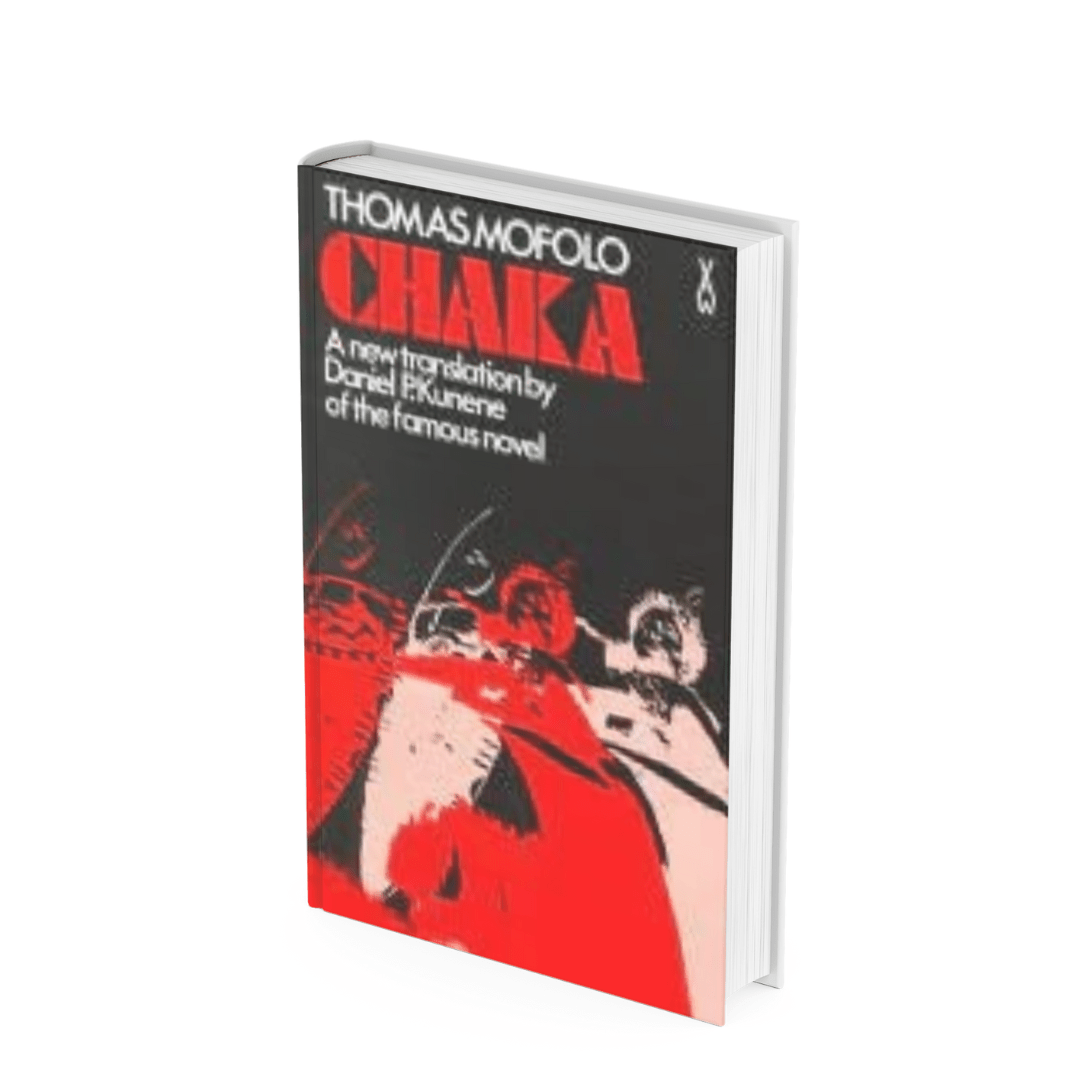
Originally written and published in Sesotho in 1925, Chaka is a mythic fictional retelling of the story of the rise and fall of the Zulu emperor, King Shaka. This novel was one of Africa’s earliest contributions to classic world literature. The narrative delves into the events leading to King Shaka’s unprecedented ascent to power and ultimately culminating in his prophetic anticipation of the arrival of the white man at the time of his passing. The book was translated by F. H. Dutton in 1931 and Daniel P. Kunene in 1981.
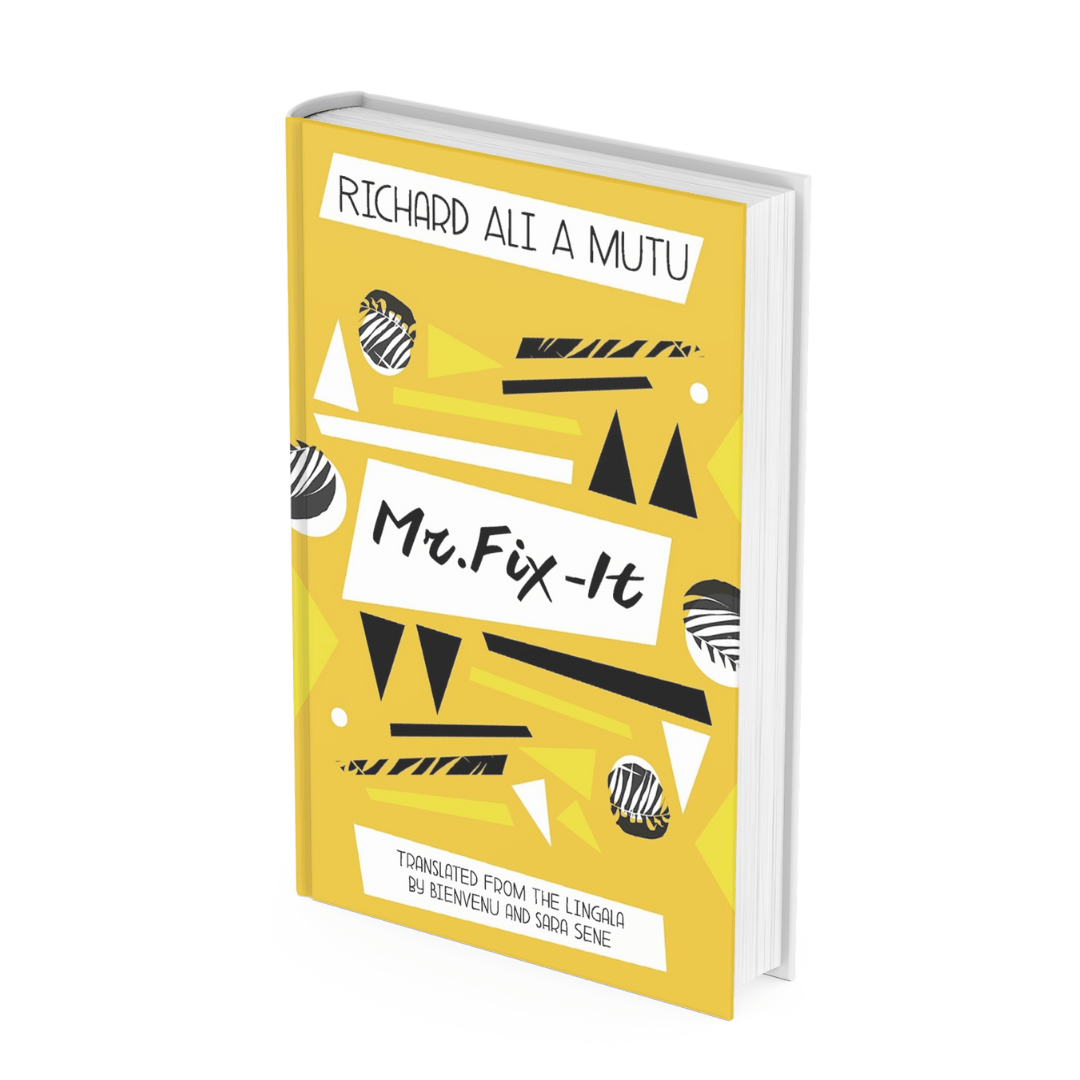
MR. FIX IT
AUTHOR: RICHARD ALI A MUTU
PUBLISHER: PHONEME MEDIA
GENRE: FICTION
Ebamba’s name means ‘mender’ in Lingala, but everything in his life seems to be falling apart. In the bustling megacity of Kinshasa, a well-educated yet jobless young man finds himself traversing the ever-expanding gap between tradition and modernity. From grappling with the steep dowry demanded for his fiancée to confronting his best friend’s unexpected confession, he grapples with responsibility while being tempted by various enticements. This book stands as the pioneering novel translated from Lingala into English, introducing the promising talent of Richard Ali A Mutu. He spearheads a new generation of writers, capturing the daily realities of Congolese life with the bold and intense style reminiscent of the nation’s vibrant music and fashion scenes. The book is translated by Bienvenu Sene Mongaba.
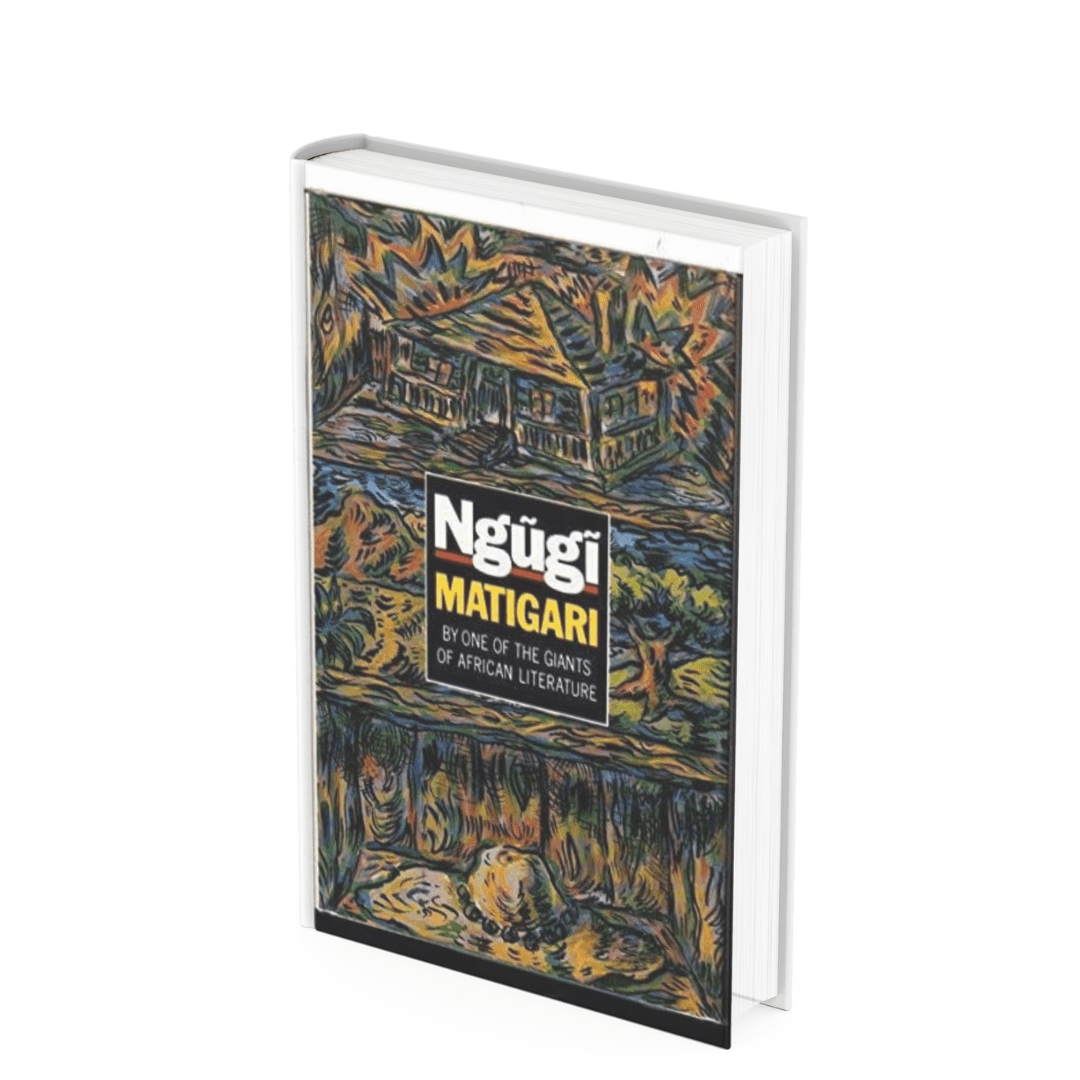
MATIGARI
AUTHOR: NGŨGĨ WA THIONG’O
PUBLISHER: HEINEMANN
GENRE: FICTION
In this novel, a man who has survived the war for independence emerges from the mountains and starts making strange claims. Matigari is in search of his family to rebuild his home and start a new and peaceful future. But his search becomes a quest for truth and justice as he finds the people still dispossessed and the land he loves ruled by corruption and fear. Rumors spring up that a man with superhuman qualities has risen to renew the freedom struggle. The novel races toward its climax as Matigari realizes that words alone cannot defeat the enemy. He vows to use the force of arms to achieve his true liberation. First published in 1986 in Kikuyu language, this novel is a satire on the betrayal of human ideals and on the bitter experience of a post-independence African society. It was translated into English by Wangui wa Goro in 1989.
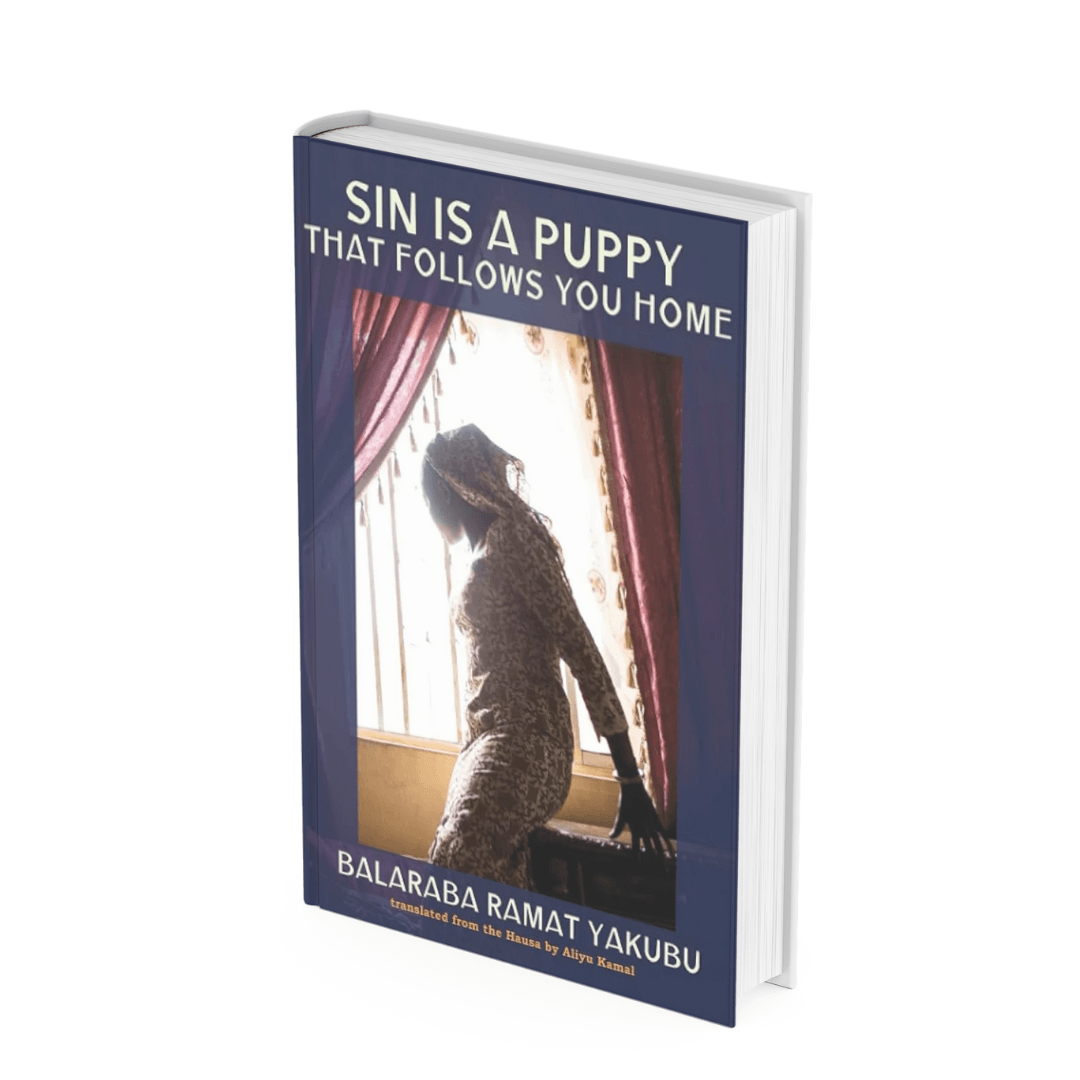
SIN IS A PUPPY THAT FOLLOWS YOU HOME
AUTHOR: BALARABA RAMAT YAKUBU
PUBLISHER: BLAFT PUBLICATIONS
GENRE: FICTION
First published in 1990 and translated from Hausa to English by Aliyu Kamal in 2012, this book is an Hausa soap opera encompassing polygamous households, virtuous women, scheming harlots, and magic. Yakubu’s work is first English translation of a Nigerian Hausa-language novel in the genre of popular fiction called littattafan soyayya (love literature).


